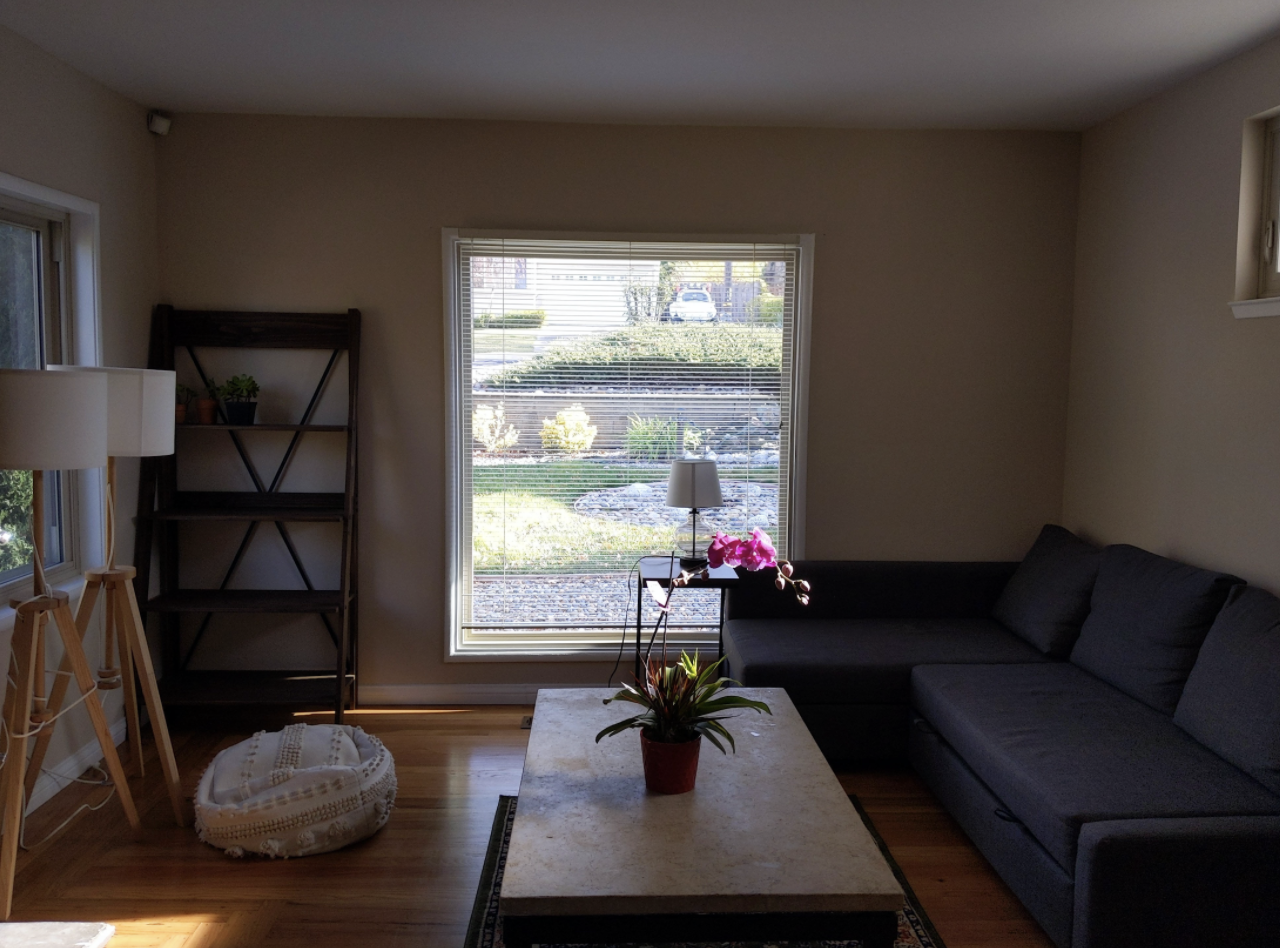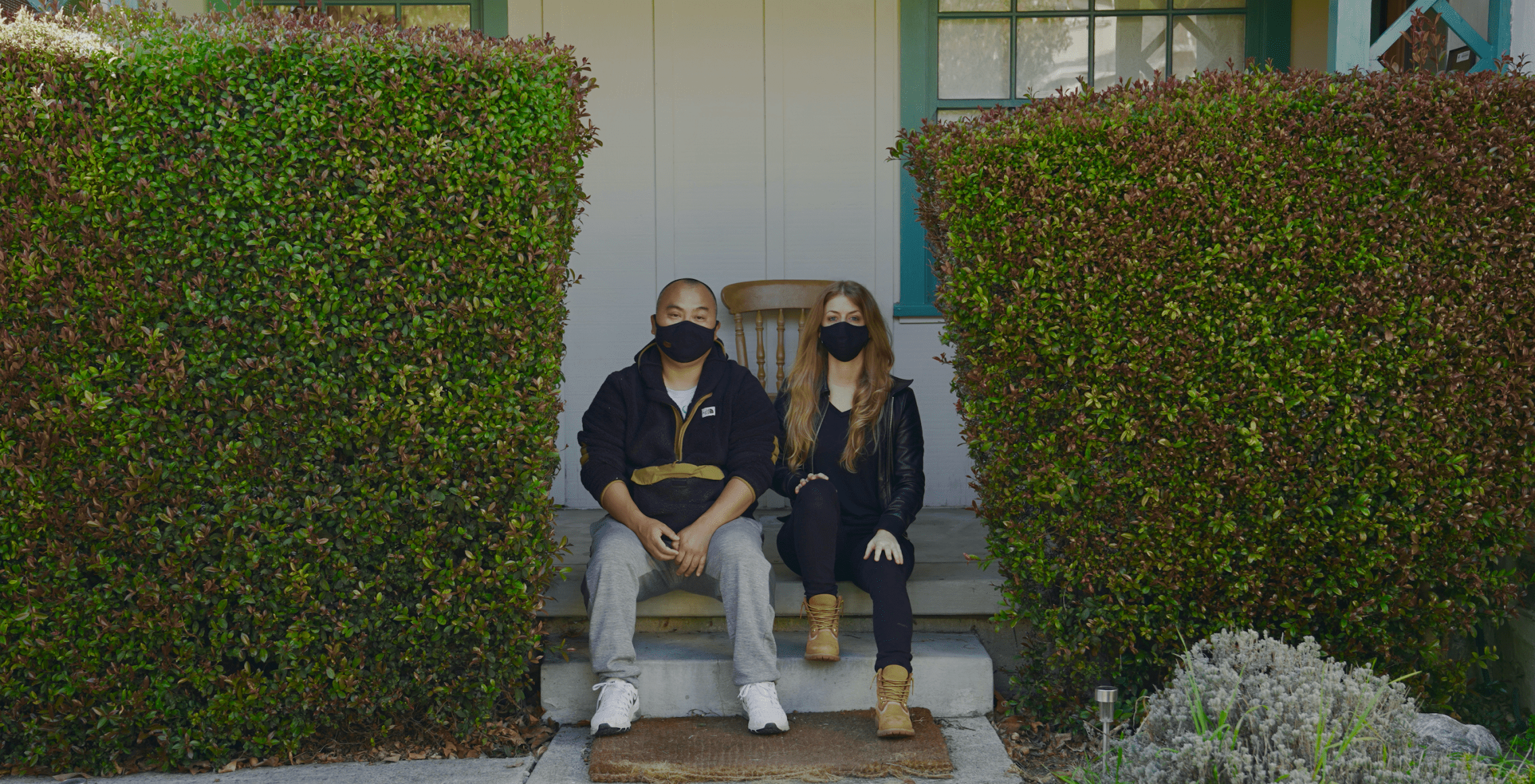For formerly incarcerated individuals, safe, stable and affordable housing is the foundation of a smooth reentry into society. Unfortunately, it’s often the most difficult resource for them to obtain. Recognizing this need, one San Francisco Bay Area collective—run by and for formerly incarcerated Californians—is bringing housing and other necessary resources to people who have been similarly impacted by the criminal justice system. Not long ago, a collective member purchased a house where people who have recently been released from prison can live while they get back on their feet.
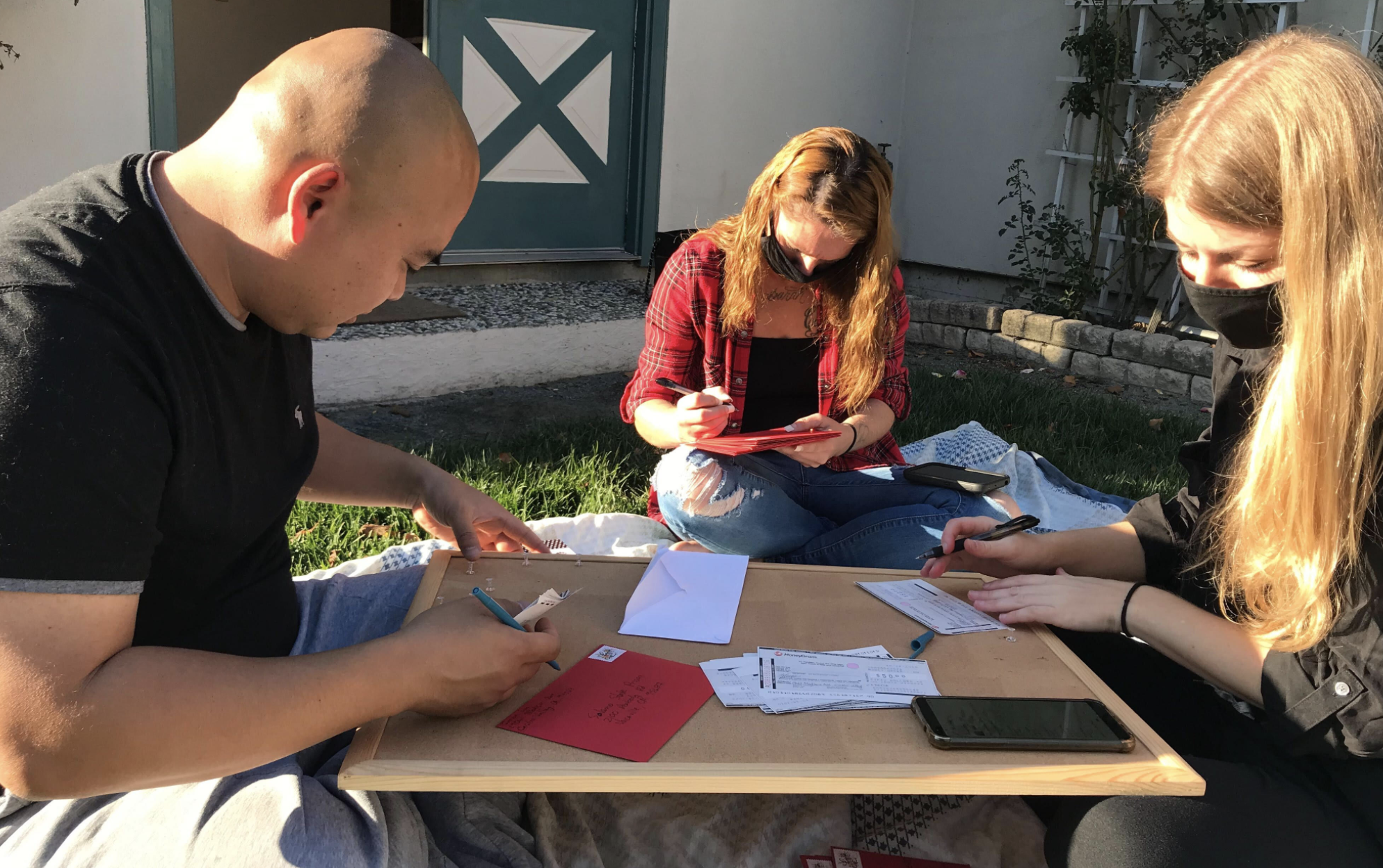
When someone is released from prison, they often have many urgent needs: Where will I live? How do I get my vital documents? How do I get basic supplies now, and where can I find work to ensure longer-term financial stability and independence?
Simon Liu is intimately familiar with these questions. “I was incarcerated when I was 16 years old, and I got out of prison when I was 37. When I got out, it was a whole new world. You feel vulnerable, you feel like you need help, but you don’t know what kind of help you need.”
That’s where the Bay Area Freedom Collective (BAFC) comes in. Simon, along with Jessica McKellar, Kony Kim, Tenzin Kyizom, and a network of dedicated community members formed the group in June of 2020 to support family, friends, and broader community members returning from prison to the San Francisco Bay Area. The collective, which is run by and for formerly incarcerated people, creates community while connecting its members with jobs, continuing education, food assistance, housing, and other needs.
Stable housing is especially key to successful reentry, but out of all the basic necessities, it’s often the hardest for formerly incarcerated people to obtain. Jessica explained that some people leaving prison may be eligible for transitional housing through the state for six months to a year, depending on their parole terms and program availability. After that, it’s usually up to individuals to find their own accommodations, which can be challenging in the face of limited credit or income history, or housing discrimination from having a record. While some people are able to live with family or friends, or rent a place of their own, not everyone has the income or network to secure safe and stable housing.
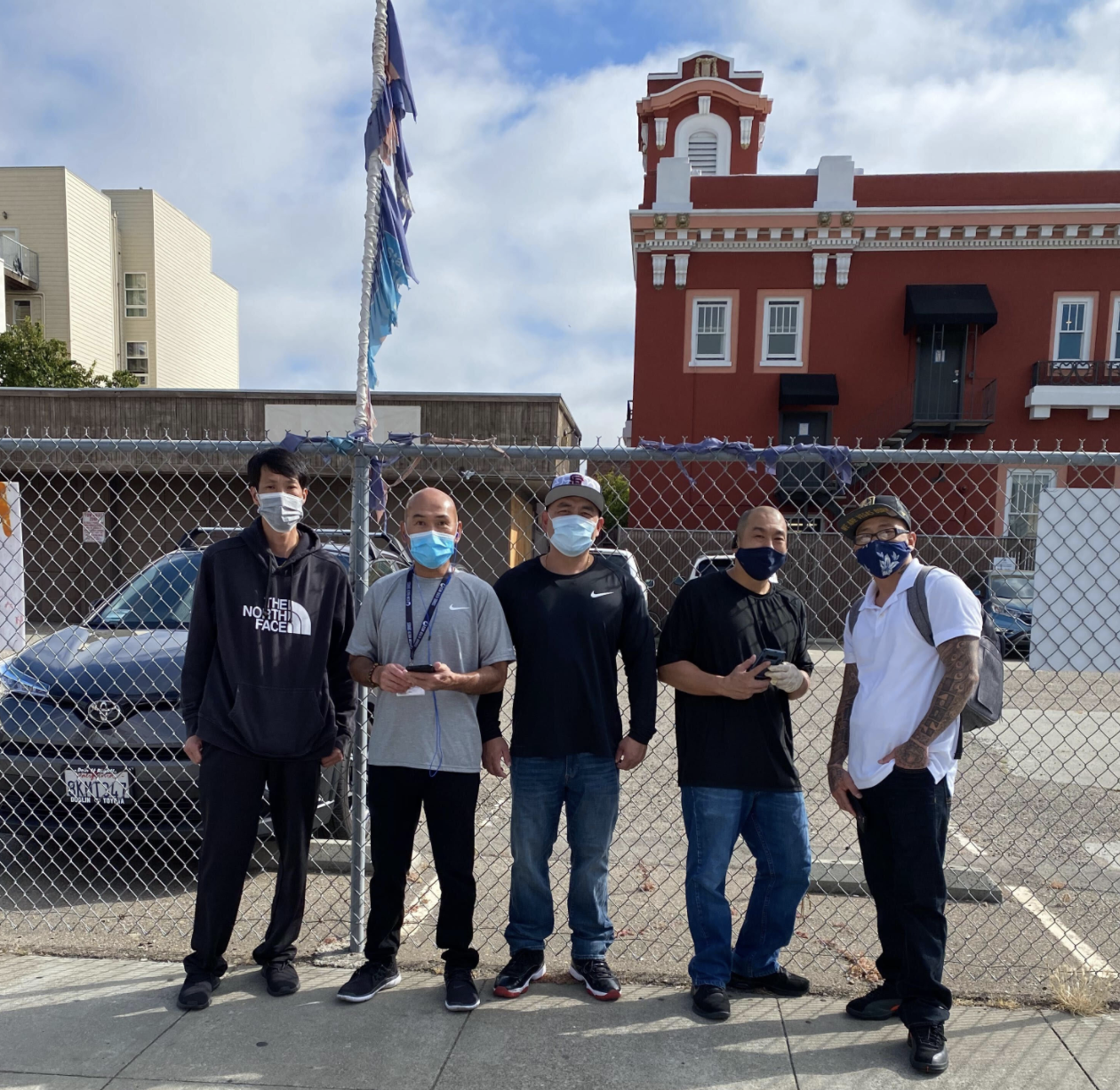
When the COVID-19 pandemic intensified the housing crunch for formerly incarcerated community members, BAFC decided to take matters into its own hands, and in October 2020 the group purchased a house in the East Bay with room for up to eight residents. Residents can live there for up to a year for free, and the house is run at-cost, with most of the property and utilities expenses covered through community fundraising, and residents with jobs chipping in if they are able.
“The house is a comfort zone where people don’t have to worry about things like, ‘Am I going to be homeless after I get out of prison? Do I have the support I need if I don’t have a family?’” Simon explains. “Our vision is to get the community together to support those who are doing their reentry, whether it’s emotionally, financially, finding employment, or education. It’s a place where we can support people reintegrating into society successfully.”
Right now, BAFC is fundraising on GoFundMe to cover the costs of homeownership, utilities, and furnishings for bedrooms, common areas, and an office. In addition to monetary donations, they’re seeking office supplies and computer donations. Their fundraising goal reflects their estimate of how much it will cost to operate the house for one year.
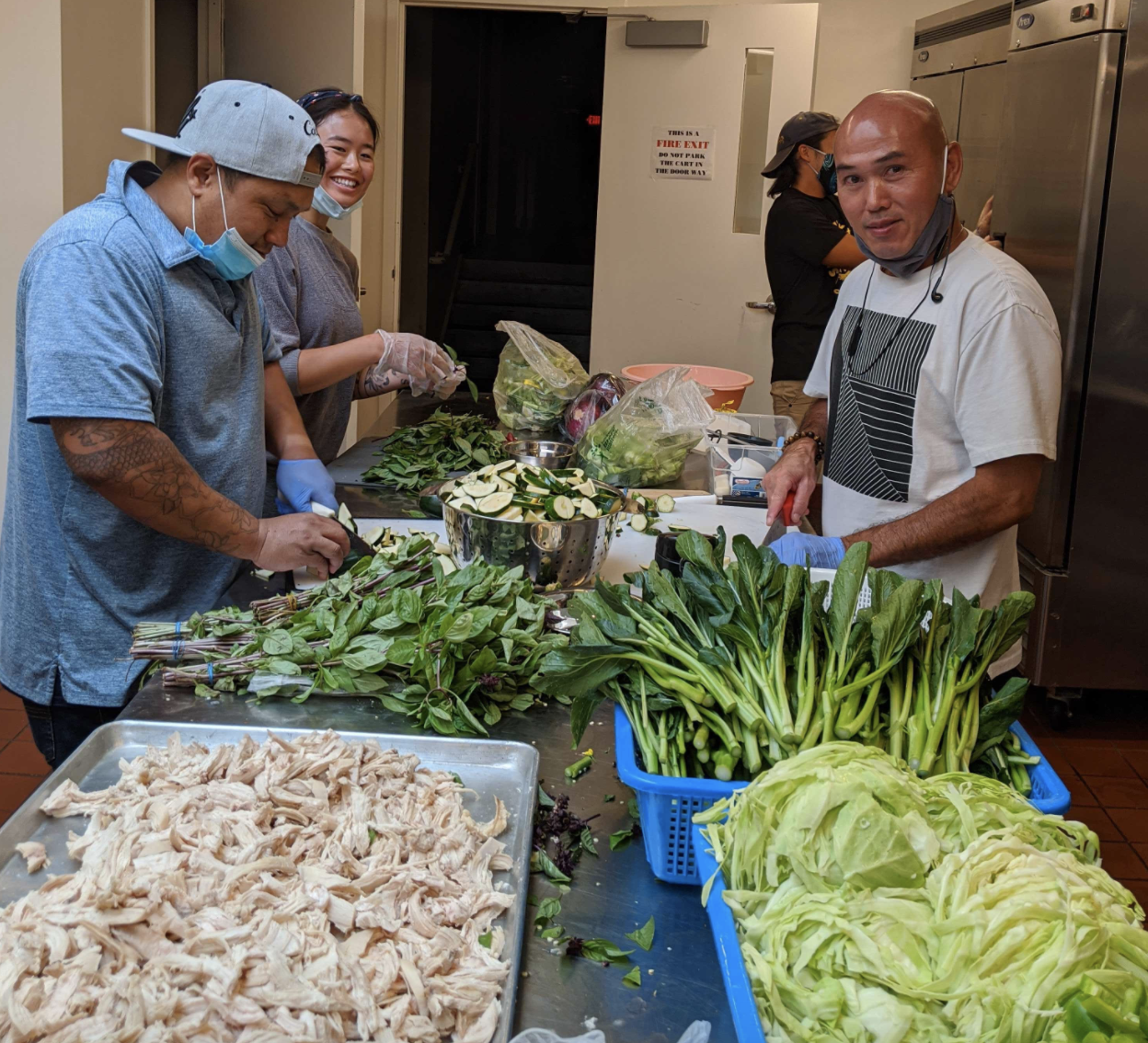
As an all-volunteer community group, 100% of the donations BAFC receives go toward fulfilling their mission. It’s worth noting that the collective isn’t operated as a traditional nonprofit, and the founders like it that way.
“When we were getting started, we discussed how we wanted to organize ourselves, and we concluded that a formal hierarchical organization was not the structure that would best serve our needs. We are instead a mutual aid collective, built on relationships and community. When folks have needs, we try to meet those needs for each other,” says Jessica.
In many ways, the house is a physical expression of the organization’s values: mutual care, transparency, empowerment & agency, solidarity (not charity), and standing up for justice.
For those in and beyond the Bay Area, Tenzin urges people who want to make a difference to “[invest] in your community and in grassroots efforts. Really be open minded, meet people. Make no assumptions, and just treat everyone with kindness.”
